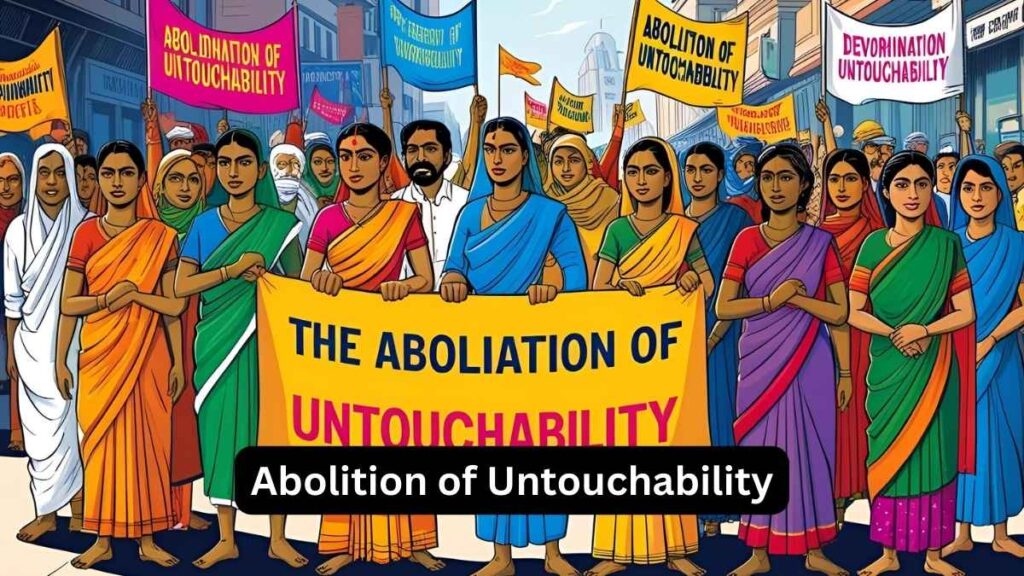Font size:
Print
Women’s Participation in Science And Technology
Context:
300 women scientists will receive research grants for three years under the CSIR-ASPIRE scheme.
More in news:
- A Special Call for Research Grants for Women Scientists (ASPIRE) scheme received approximately 3,000 proposals, indicating the government’s efforts to support women scientists.
- It emphasised that innovations in science and technology should empower citizens, aligning with the Prime Minister’s vision to promote ease of living.
- The scheme is a testament to the government’s efforts to support women scientists.
Key Points of Scheme:
- It is a research grant program initiated by the Council of Scientific and Industrial Research (CSIR) to support women scientists in India.
- launched on the occasion of International Women’s Day last year (8 March)..
- Aim: to empower women in science and technology by providing them with research grants for two or three years..
- This is part of the broader vision to place Nari Shakti at the forefront of India’s development, moving towards Amrit Kal.
- Only women scientists across India are eligible to apply.
- Research grants are available for R&D in major disciplines including Life Sciences, Chemical Sciences, Physical Sciences, Engineering Sciences, and inter/trans-disciplinary sciences.

Other Initiatives Supporting Women in Science and Technology:
- IMPRINT:
-
- Launched in November , 2015, IMPacting Research INnovation and Technology (IMPRINT) aims to bridge the gap between scientific knowledge and technological innovations for societal benefit.
- WISE-KIRAN:
-
- The Department of Science and Technology administers the ‘Women in Science and Engineering-KIRAN (WISE-KIRAN)’ scheme, featuring the ‘Women Scientist Scheme‘ for women returning to work after career breaks.
- It also includes the ‘Consolidation of University Research through Innovation and Excellence in Women Universities (CURIE)‘ program, aimed at developing infrastructure and research facilities in women’s universities.
- GATI (Gender Advancement for Transforming Institutions):
-
- GATI aims to address gender inequality and promote gender-sensitive approaches within institutions.
- SERB-POWER (Promoting Opportunities for Women in Exploratory Research):
-
- This program provides grants and fellowships to increase the participation of women scientists in research activities.
- Vigyan Jyoti Programme:
-
- Encourages high school girls, particularly in rural areas, to pursue STEM education.
- Indian Institutes of Technology (IITs):
-
- Increased female enrolment by introducing additional seats to promote gender diversity.
- AICTE Schemes:
-
- Includes the Pragati Scholarship and TechSaksham Programme aimed at enhancing employability among women in technical education.
- These initiatives collectively aim to empower women in science, technology, engineering, and mathematics (STEM) fields and promote their active participation in research and innovation in India.
Challenges in Women Participation:
- Cultural Perceptions:Science is often perceived as masculine, and early gender role socialisation deters girls from pursuing education and careers.
- Retention Challenges: To retain women in careers, supportive workplace environments, equal professional opportunities, and policies that accommodate caregiving responsibilities are essential beyond addressing entry barriers.
- Policy and Institutional Support: continued efforts are necessary across educational institutions and workplaces to sustain and expand participation.
- Data and Monitoring: Improving the collection and analysis of gender-disaggregated data on women is crucial for evidence-based policy-making and assessing the impact of interventions.
Women’s Participation:
- STEM:
- STEM is an educational program developed to prepare primary and secondary students for college, graduate study and careers in the fields of science, technology, engineering and mathematics (STEM)
- It aims to foster inquiring minds, logical reasoning and collaboration skills.
- According to the study conducted by UNESCO only 35% of STEM students in higher education in India are women.
- Despite high graduation rates, women’s participation in India’s STEM workforce remains low, with many dropping out after education.
- According to a report by the National Science Foundation, women make up only 14% of the total workforce in STEM fields in India.
- STEM is an educational program developed to prepare primary and secondary students for college, graduate study and careers in the fields of science, technology, engineering and mathematics (STEM)
- Intellectual Property Rights (IPR):
-
- Women’s involvement in IPR, including patenting and trademarking, is increasing, with 40% of registered agents being women.
- Women-led Startups in India:
-
- There’s been a notable increase in women-led startups in India, with 15% of unicorns founded by women.
- Initiatives like ASCEND Startup Workshop Series and Women for Startups Workshops support women entrepreneurs with essential skills and resources.


